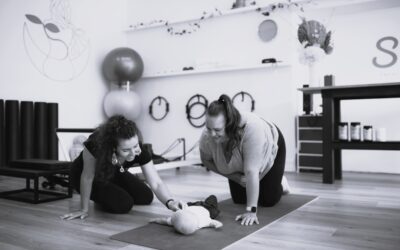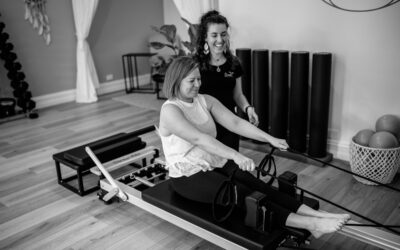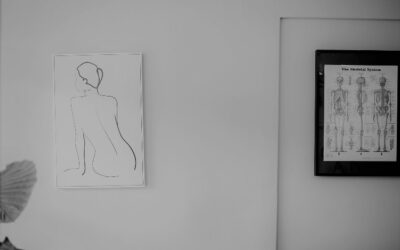Hypothalamic amenorrhoea (HA) is defined as the cessation of menstruation due to abnormal signalling between the hypothalamus and pituitary gland due to deficient pulsatile secretion of GnRH.
In simpler terms, HA is where your period is lost (>6 months) due to a problem involving the hypothalamus. The hypothalamus is the centre in the brain controlling reproduction via production of a hormone (GnRH) which signals other hormones to mature the egg for ovulation. In HA, the hypothalamus stops producing adequate GnRH which then reduces other hormones (FSH, LH, oestrogen) which halts ovulation, and menstruation stops.
HOW DOES IT HAPPEN?
HA is a result of relative energy deficiency in the body. The body is using more energy than its receiving, and is therefore in a chronic state of energy loss.
HA is caused by 5 factors:
- Exercise
The amount of exercise in women with HA varies, but it tends to be multiple high intensity exercise sessions per week. Exercise is a form of stress on the body and therefore releases stress hormones in response. These stress hormones interfere with menstruation, either causing infrequent and irregular cycles, or a completely missing period. - Energy (calorie/kJ) restriction
Food group and calorie restriction, low calorie diets, food rules, calorie or macro tracking, obsessive or perfectionistic tendencies with eating and food, exercising to “earn” or “burn off” foods, further food restriction on non-exercising days… sound familiar?
The link between energy intake and fertility has been long recognised. If the body is not getting adequate energy, it will adapt and stop the energetic expense of menstruation and reproduction during times of poor nutrition or low energy. - Weight and weight loss
It is important to note that HA can occur at ANY weight. Being “underweight”, low body fat percentage, and rapid or large weight loss can cause HA due to disturbances in GnRH and other neurohormones and neurosteroids involved in reproductive function and energy balance. - Psychological stress
Stress activates pathways in our body increasing cortisol (the “stress hormone”) which can inhibit GnRH secretion and disrupt the menstrual cycle. - Genetics
Some studies have found small changes in the genes of women with HA involved in control of the menstrual cycle. This suggests some women have a higher predisposition to losing their periods.
CONSEQUENCES
- Infertility
- Bone loss
- Painful sex – due to low oestrogen and vaginal dryness
- Low libido
- Always feeling cold
- Potential increase in cardiovascular disease and impaired vascular function
- Sometime accompanied by eating disorders/disordered eating
- Anxiety
- Impacts mortality
RECOVERY
Recovery from HA is not the same for any woman and it can take a while. All 5 factors outlined above need to be addressed in order for the body to feel safe enough to restore healthy and regular menstruation.
Starting with reversing the negative energy balance by increasing energy intake and reducing energy output is crucial, but not always easy. Oftentimes, women and girls with HA have been living with the condition for months or years and have developed strong routines and habits around exercise and food, making it hard to break out of the contributing factors to their HA.
Recovery requires a multi-disciplinary approach involving a team of health professionals to support your journey, give you correct individualised advice, and help you tackle the hard times and road blocks along the way.
HOW CAN SEED HELP?
At Seed, our accredited exercise physiologists and women’s health practitioners will sit down 1:1 with you to assess your personal situation, history, routines, beliefs, and apprehensions to design a roadmap out of HA.
We will:
- Assess your baseline energy expenditure
- Support your increased energy intake
- Evaluate the biopsychosocial influence on the factors of your HA
- Educate you on exercise intensity, volume, frequency, and rest
- Advise appropriate exercise for HA recovery
- Supervise and design a suitable exercise program for energy conservation
- Safe progression back to full training after recovery




